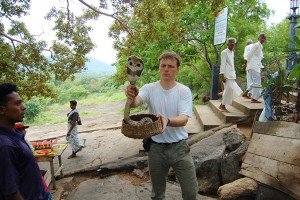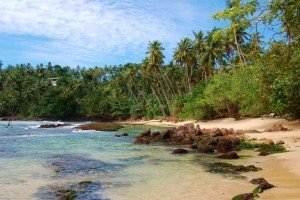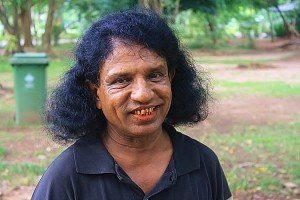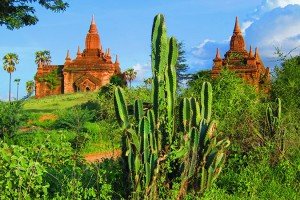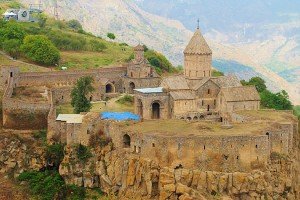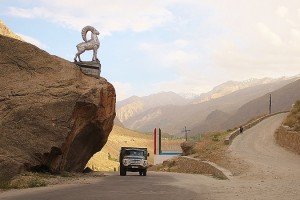Macao
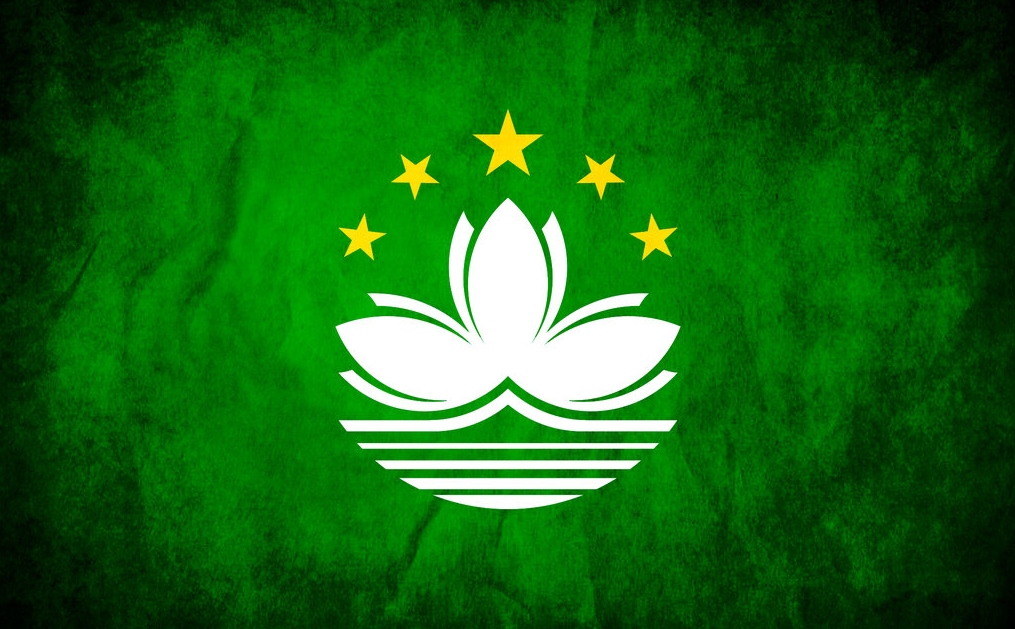
Official name: Special Administrative Region of Macao
Population: 587 600
Area: 28,2 km²
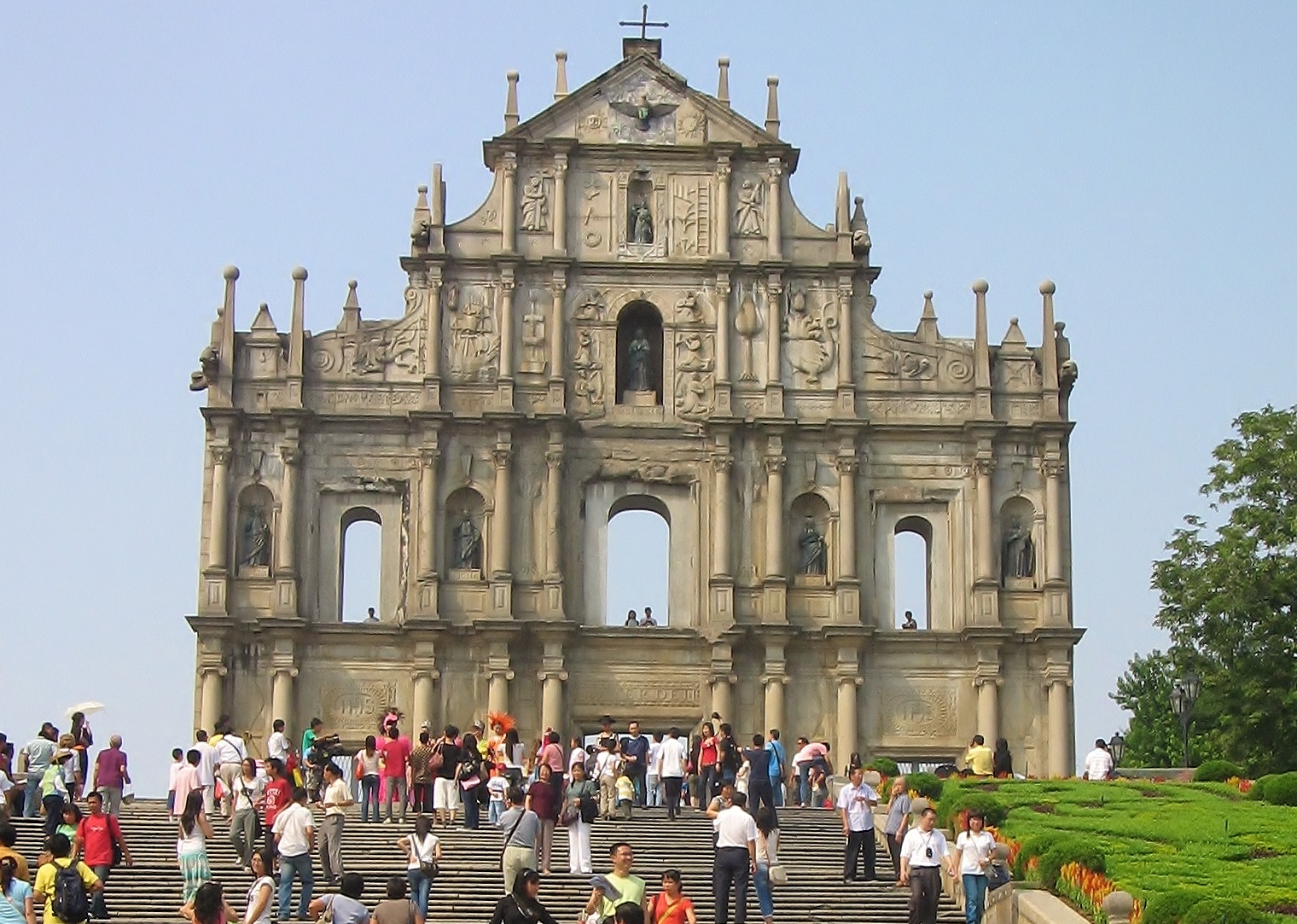
Tourist attractions of Macao, Macao – the present times,
Tourist attractions of Macao,
Macao is only 65km away from Hong Kong and attracts tourists not only with rich, colonial architecture and warm climate, but also casinos that grow here like mushrooms after rain. There are many fine museums and baroque churches, and centuries of Portuguese colonization mean that you can taste the rich flavours cuisine. For a poorer traveller like myself, Macao is primarily “Little Portugal of the Far East,” where I can also relax on the beach and enjoy a cheap and delicious grilled octopus. When comes to casinos – taking photos does not carry a risk of bankruptcy.
There are many attractions in Macau, but the most popular include: the ruins of St. Mark, Senado Square and the historic colonial district, Lisbon Casino, Macau Tower, Macau Museum and the nearby fortress of Monte Forte, the church of Santo Domingo, A-Ma temple and the park with panda. Macao is also full of attractions associated with gambling, such as richly decorated casinos, fountains, and the popular House on Dancing Water. Another words Macao is little Portugal far away from Europe.
Trip to Macao is very popular from Hong Kong. Of the tens of millions of tourists visiting Macau each year, as many as 50% comes from China and another 30% from Hong Kong.
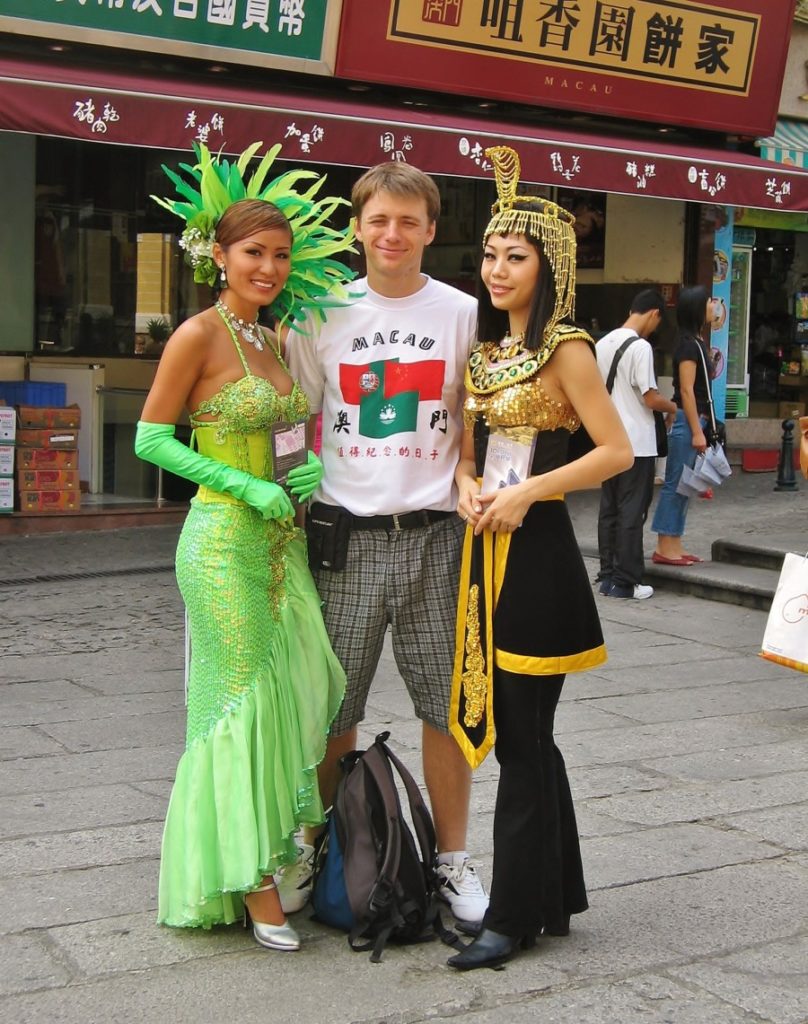
With women in Macao
Macao – the present times
Introduction:
Macao, and from the 20 December 1999 the special administrative region of China, is located on the southeast coast of the PRCh, at the mouth of the Chu-Ciang river to the South China Sea. Macau is very small because it only covers an area of 21km2 and has more than 457 thousand inhabitants. The capital city of Macao is a city called by the same name, and the administrative part of the city also includes the islands of Taipa and Coloane, connected to the mainland by impressive bridges.
Although Macau (as well as Hong Kong) is a part of China, it works under principle of “one country, two systems”, what means that it enjoys great freedom and independence. The government in Beijing is only responsible for defense and foreign affairs, while Macau has its own immigration policy, its own police and its own currency. Thanks to independence from the communist “Great Chinese Brother” Macau has been a leader for many years at: economy, income per citizen, education, and the longest life expectancy of its citizens. In comparison to neighboring Hong Kong, Macau is smaller, more modest and quieter, what could be seen as an asset. Macao is the most populated region in the world, although population does not shrink because of immigration, mainly from China.
Economy:
Macao’s economy is growing very rapidly and is based on free movement of goods and capital, with a help from the seaport and the airport. In addition, Macao is known as the Chinese Las Vegas, because a lot of economy of this small region is based on gambling (casinos, dogs and horse racing). A strong branch of the economy is also dedicated to real estate, finance, insurance, gambling, textiles, fishing and fish processing. Tourism has also big importance because it provides employment to every third inhabitant, and it makes 50% of Macao`s total income. The economy is also driven by Formula 3, as regular races are held here.
Macao has economic ties with over 120 countries and regions, Including the European Union and the Portuguese speaking countries. World Bank considers Macao a country of high income per citizen, and after the take over of Macao by China in 1999, the number of tourists and gamblers increased, what resulted in more investments and economy growing by about 13% a year. Tourism in Macau is so important that for example in 2000 the region was visited by 9.1 million tourists, and in 2006 already by 22 million. Macau is also a tax haven, has offshore bank accounts, and has a duty free port. Macao`s currency is pataka but Hong Kong dollars are also used. (Whilst in Hong Kong pataka are not accepted). Macau defends its independence from China.
Education:
Education in Macau is definitely better than in developing countries but in comparison to other high-income countries it is not the best. Literacy is at the level of 93.5%, what means that illiterate people are usually those over 65 years of age. However, in the aged bracket 15-29 literacy is above 99%. Macau provides 15 years of free education.
Health:
Macau has many hospitals, university hospitals and clinics build throughout the territory and offering free assistance to residents. The level of health care in Macao is very good, althogh before travelling to Macao tourists should be vaccinated against the standard diseases such as polio and hepatitis A and B. Macau has the highest life expectancy of its citizens (85 years) and the lowest infant mortality rate in the world. As for HIV/AIDS Macao is a low-risk country, unless someone tries very hard. Prostitution, which is legal in Macao is obviously closely related to this topic.
Culture/Religion:
The culture of Macao is a combination of Portuguese and Chinese cultures, which is a very unusual combination. Due to this fact there are celebrated many Catholic and Chinese holidays. Big event is for example the Chinese New Year and the Dragon Boat festival, but on the other hand Catholic processions and Christmas are also very popular. In Macau there is also a popular race festival, which is known as Macau Grand Prix. Through Portuguese streets and houses with Portuguese names people dance carrying Chinese dragons. Food in Macau is also a combination of Chinese cuisine and Portuguese dishes, or at least it is an outcome of what the Europeans` wifes were able to make for their husbands in colonial times.
The official language is Chinese (Cantonese dialect) and until today Portuguese. Over 95% percent of the population are Chinese, about 2% are Portuguese, and the rest are people from both cultures called the Macanese. The most commonly used languages ??are Cantonese (85.7%), mandarine and other forms of Chinese (9.9%) and Portuguese (only 0.6%). Also to a certain extent people in Macau speak English, although much less than in Hong Kong. Christians make up 9% of the population, 17% are the Mahayana Buddhists, while Far Eastern philosophies such as Taoism, Buddhism and Confucianism are considered to be the majority. Popular sports are football and rink hockey.
Media:
Macau enjoys freedom of the press, freedom of expression and publication, although in my opinion it is very cautious when writing about China, where freedom of speech does not exist.

Senado Square in Macao.
Environmental issues:
Macau is a highly urbanized city with problems such as air pollution, pollution of coastal waters and industrial pollution. The problem of Macau is also in the world’s largest population per square metre, what causes very harmful effects on the environment.
History of Macao
In 1557, China leased Macao to the Portuguese, and in 1887 it was transformed into a Portuguese colony. China agreed to lease Macao to Portugal, because it cleared the sea from the local pirates. Besides, it was a fast-growing port, which enabled development of trade between China and Portugal. This means that creation of the Portuguese enclave worked for the Chinese perfectly. Unfortunately after the Opium War between China and Britain, and after located nearby and growing in strength Hong Kong, Macao began to decline. Then, during the “cultural” revolution, Chinese government said to the Portuguese to get out of Macao for good, but fearing the loss of trade it did not happen. The breakthrough came in 1999 when Macao was returned to China as a result of an agreement previously signed between China and Portugal. Then (as well as Hong Kong) became the special administrative region of China, enjoying a high degree of autonomy (except defense and foreign affairs).
Travel reports
Map
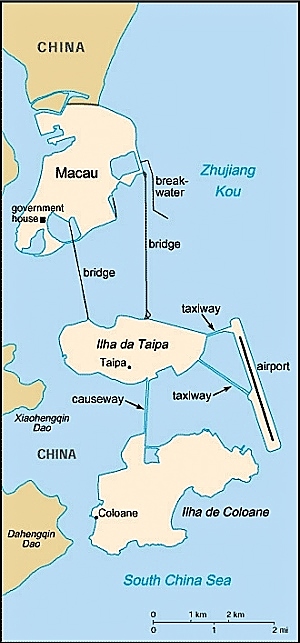
Location
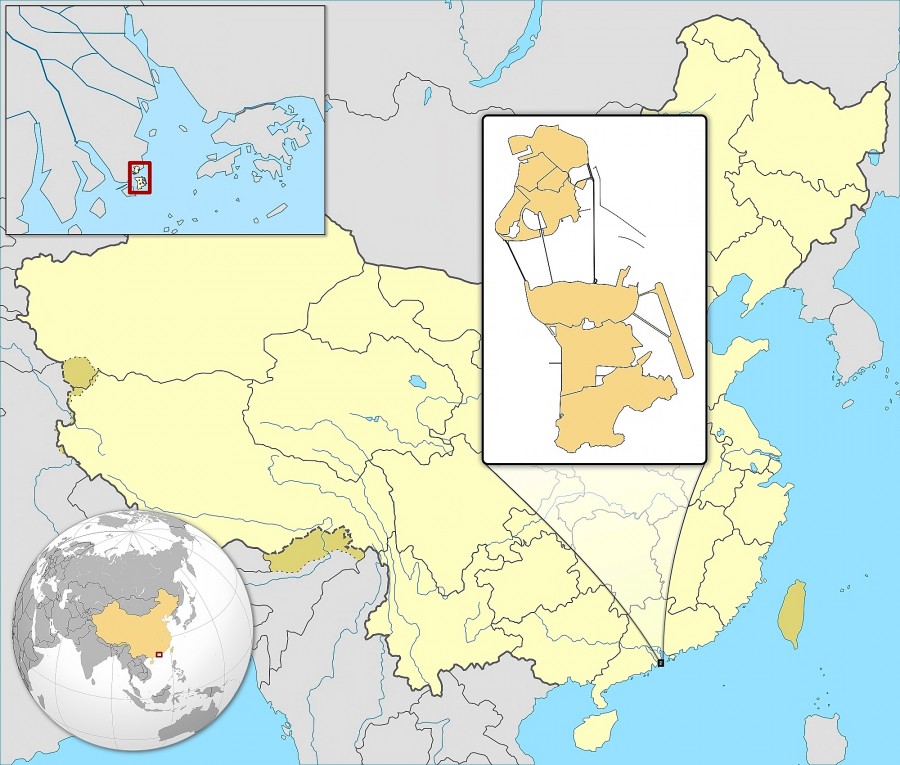
Practical information
Tourist Visa: Not required. All Europenas get a stamp at the airport, which entitles them to stay for 90 days.
Safety: safe country. Mind the pick-pockets.
Getting around the country: very easy. Well-developed network of buses and taxis, although walking is often a better idea. It is a small area.
Prices: (in 2006 when £1 = about 12MOP) It is a little bit cheaper than in Hong Kong. For a double room in the cheapest hotel I paid about $10. Food and transportation are also not expensive. I think the $25 a day is sufficient. Hong Kong dollars are widely accepted in Macao.
Climate: subtropical under the influence of monsoon. It is characterized by high humidity (75% -90%) and rainfalls. There are also large changes in air temperature. In the summer it reaches about 30oC and 15oC in winter only.






